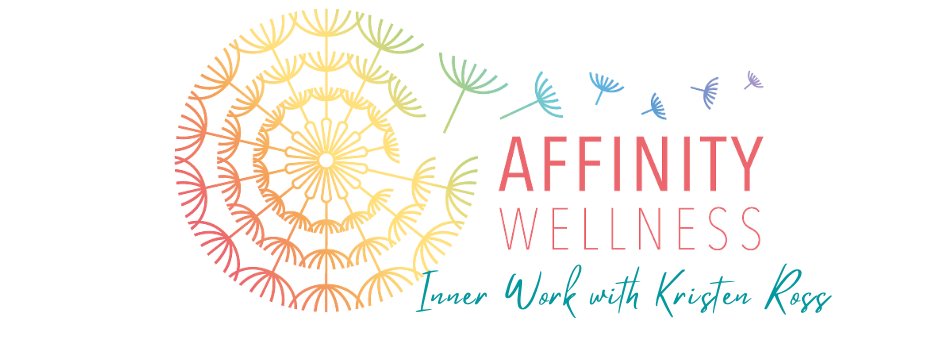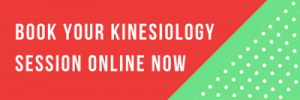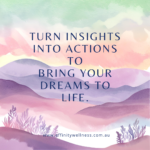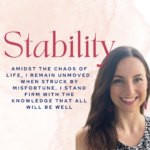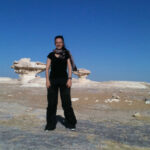 Can you find more happiness with less stuff?
Can you find more happiness with less stuff?
The world that we live in is full of an abundance of stuff. So many of us focus on what we are lacking instead of focusing on what we have. We believe that having more is the solution to our problems. However, it’s often the pursuit of more that makes us sick. Too much food, too many things, too much information, too much work and too much exercise. Too much can leave us mentally, physically, financially, environmentally and spiritually exhausted.
Less IS more
When we realise that having less is the solution to many of our problems we can open ourselves us to a life that is less driven by desire. Having less gives us the space to look within, to pursue our dreams and have more valuable experiences in the present moment.
We can lead a life of less in the following areas:
Food
Humankind once had to hunt and gather food. It was a task that took up most of our time and energy.
Food was difficult to find so we evolved to eat as much as we could when it was available and to store energy for later.
In modern culture, food is readily available, affordable and we don’t use too much energy to get it. Because our DNA hasn’t yet evolved to adapt it makes it easy for us to over-eat. When we eat high energy foods (fat and sugar) we are rewarded with hormones that encourage us to eat even more! Problems stemming from too much food are many and varied. We currently see epidemics of obesity, diabetes, cancer and heart disease. We also see new behaviours that have evolved around eating such as snacking.
Living with less:
You can practice living a lifestyle similar to our ancestors which includes fasting between meals or for extended periods. Adopting a 12 hour overnight fast is a simple way to include fasting in a modern lifestyle.
You can also cut out easily accessible foods from your home. Not having food available will mean that you too will need to live a hunter-gatherer lifestyle if you get hungry between meals. Cutting down on snacks often also means cutting down on packaging and environmental waste. Food and packaging waste is one of the most significant problems impacting our environment.
Information
Every day we’re confronted with an astonishing and overwhelming amount of data. Information based on decisions we need to make on a daily basis such as what to wear and what to eat. Information includes news and media, advertising and entertainment. Overwhelm of information leads to problems such as fatigue, insomnia, poorer decision-making and can even lead to a temporarily lowered IQ. Genetically, we are wired to seek out new information, to help us work out how to survive in the world. The ongoing search for information can become an addiction. The information we consume today is easily accessible and mostly screen based. Too much screen time can be linked to ADHD, sleep trouble and depression, as well as obesity in children. Real-life interactions are fast becoming replaced with virtual ones, which can cause social issues and lead to social anxiety.
Living with less:
You can reduce your exposure to information by taking an info-break for set periods of time. This may mean limiting screen time at home, going for a walk without your phone, setting it to silent or putting it away while you concentrate on other experiences.
Getting away into nature can also reduce exposure to advertising and media.
Setting routines and eliminating choice can help with decision fatigue. We are happier when we have a reduced number of options to choose from.
Material stuff
When we’re hunting and gathering our brains are flooded with dopamine, which causes us to feel excited. However, once we’ve found the thing we wanted our dopamine levels to go down, so we start searching for something new to elevate them again. Hence, our ongoing search for things to improve our lives and make us happier. Another part of the problem is the idea that things will make us more content, this is driven by media advertising and societal pressure. Unfortunately, after we experience an initial brief period of exhilaration upon purchasing our shiny new object, most of the time we eventually return to our previous level of unhappiness a little bit poorer than before.
Living with less:
There is a significant difference between things you need and things that you want. When making a purchasing decision, there are some questions that you can ask yourself about the purchase you are making to get a better idea of it’s true value to you.
Why are you making this purchase?
Do you need the object?
Would you be willing to get rid of one of your other objects to have this object?
How will this object make your life better?
Will this object end up in landfill?
Spiritual wisdom about stuff.
The ancients knew that living in a world of excess was not good for our personal and spiritual development. There are two yogic principles that we are advised to live by that point directly to this issue of stuff.
Aparigraha translates to non-hoarding and non-greed, the idea that our desire for material goods separates us from true self or spirit and grounds us to the material world.
Brahmacharya translates to moderation in all things, advising us just to hold on to that which we need and not to compromise our selves through overindulgence.
The Ancient Greeks also knew about the problem with stuff. Stoic philosophers believed that by letting go of distractions, we could better get to know ourselves.
In fact, most spiritual traditions have a view on stuff being a distraction from what is important in our lives.
Shifting your focus from stuff to experiences.
The experience of gratitude is one thing that improves our lives. People who express gratitude have higher levels of happiness and energy as well as healthier hearts.
Being generous is another experience that is good for us. Donating money activates the same brain regions as receiving or socialising. By giving to others, you indirectly increase your happiness.
Connection and communication with others are proven to make us happier and provides us with space to express gratitude and generosity.
Experiencing new things is one way to create shared memories that you can spark the joy of the experience each time you re-live the memory.
There has been a considerable shift in consumer culture over the past few years away from the purchase of things, towards the purchase of experiences. Experiences may include travel, art, entertainment, sport, health and wellness based pursuits, all of which provide the purchaser with a healthier, more enriching life experience than that of those who are burdened by the cost of their stuff.
Are you ready to create your Happy Life?
The Happy Life Goals course has been designed to help you let go of what is not serving you and get you on track to achieve goals that are fulfilling.
Kinesiology can help you let go of what no longer serves you.
Kinesiology can be used as a tool to identify and reduce stress and blockages. A big part of kinesiology is about the ability to let go.
Using kinesiology in combination with Counselling, Dreamwork and vibrational medicine can help to release your attachment to stuff and balance body and mind.
Suggested treatment plan.
I recommend:
- An initial 90 minute kinesiology consultation followed by 3 – 5 standard consultations 1 -2 weeks apart.
- Further follow-up standard consultations should be spaced between 2 -4 weeks apart or booked as needed.
Recommended Reading:
Stuffocation by James Wallman explains how having too much stuff places an unnecessary burden on us, leading to health issues. Our lives have become oversaturated with things, and a new value is emerging: the importance of experience over material possessions. Purchase from Book Depository or iBooks
Essentialism by Greg McKeown teaches you how to do better by doing less, offering practical solutions for how to get your priorities straight. Essentialism helps you to eliminate all of the junk in your routine that’s keeping you from being truly productive and fulfilled. Purchase from Book Depository or iBooks
Kristen Ross founded Affinity Wellness in 2007 and since has helped hundreds of clients to unlock their Inner Guidance, Unleash their potential and create lives they love.
With a history in the management of artists. Kristen had the opportunity to help guide the careers of many professional actors and artists, helping others thrive personally and professionally by connecting to their intuition and inner compass, this led her to study healing modalities such as kinesiology and counselling to enhance her work as a soul empowerment guide.
Kristen combines a striking combination of energy healing (kinesiology), counselling, coaching, dreamwork, meditation and yogic medicine practices to tap into the many facets of the self, mind, body and soul and release the layers that block her clients from accessing their intuition and self-love.
She believes that your life is your spiritual practice and that every decision you make is a part of your journey towards peace, power and enlightenment.
Everything you create and achieve comes from your ability to love and accept yourself and to do that you must engage in inner work.
Kristen currently runs a private online practice servicing individuals across Australia, New Zealand and the UK based in Melbourne, Australia.
